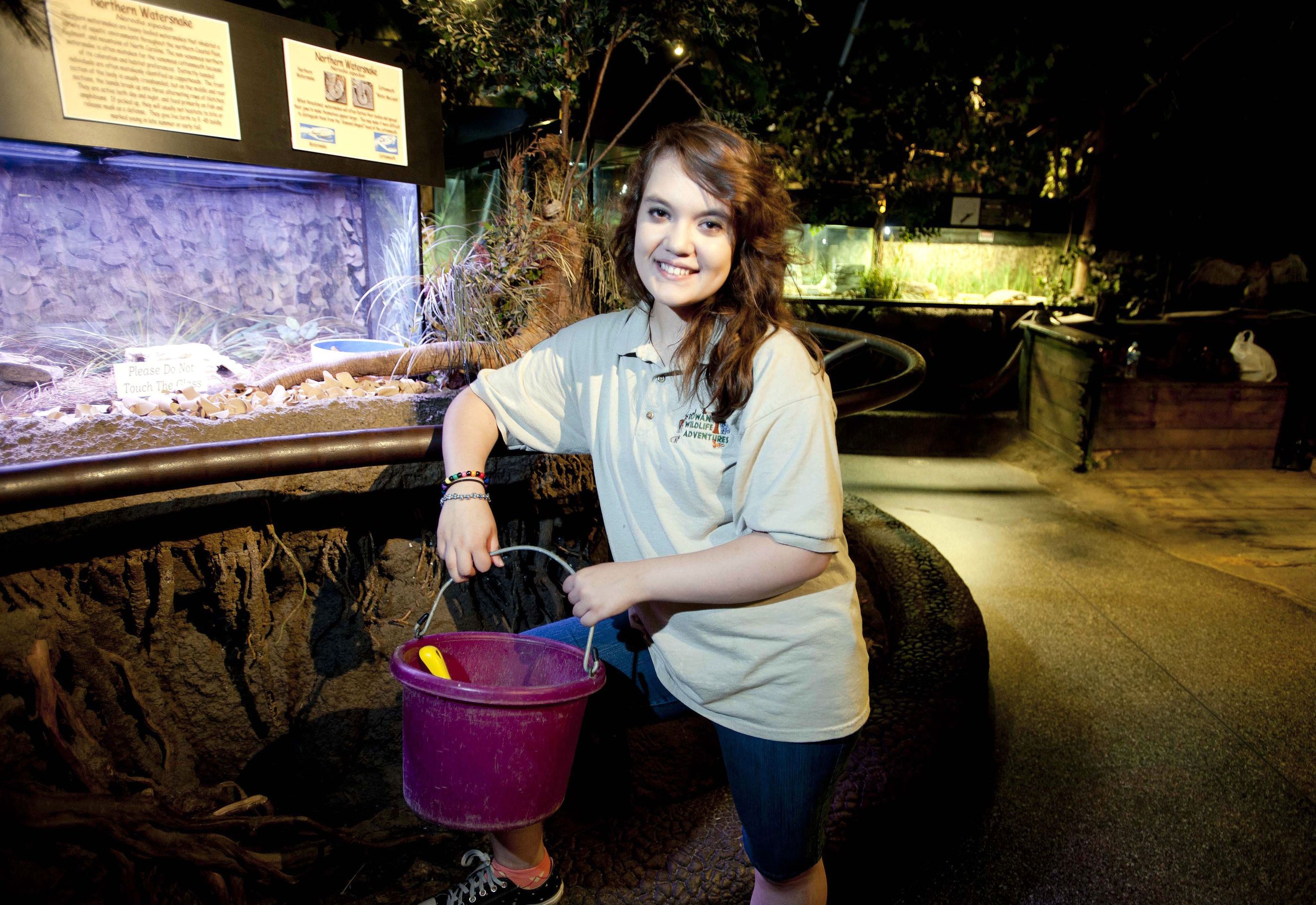Home schooling is on the rise
Published 12:00 am Sunday, August 31, 2014
Brenda Smith never planned to home-school her children.
Her oldest son went to public school from kindergarten all the way through high school, with the exception of one year in private school, and her second youngest son, Jared, attended a private school in Greensboro.
Although she had friends who home-schooled, she never really gave it any thought until Jared begged her to home-school him after a particularly rough sixth-grade year.
“He kept asking,” she said.
Smith said she and her husband decided to give it a try for Jared’s seventh-grade year.
“It removed the stress of the peer pressure at that age that was really getting him down,” Smith said.
Not too long after deciding to home-school, the family relocated from Greensboro to Salisbury. Instead of trying out a new school for Jared, Smith continued to home-school him, but put her younger son and daughter, Aaron and Rayna, in Rockwell Elementary School.
While public school has its advantages, such as the speech therapy and the tutoring Rayna needed, the twins experienced some bullying.
“Bus rides weren’t fun,” Rayna explained.
So the Smiths decided to enroll the twins at a private Christian school.
After a few years, however, Jared was beginning to feel isolated, so he decided he wanted to go to a private school.
That’s when Smith decided to try home-schooling Rayna and Aaron.
“The first year was great,” Smith said. “The second year — not so much.”
Now, Rayna home-schools, Aaron goes to a private Christian school and Jared has graduated.
“We take it one year at a time,” Smith explained.
• • •
Brandon Murguz started his educational career at Overton Elementary School. After the first grade, however, his parents decided to home-school him
“It just didn’t seem very conducive to learning,” said Brandon’s father, Jason Murguz.
Murguz said he felt the focus was on what wasn’t done right or fast enough, rather than what was done well.
“I started to see a real drive for perfection and speed,” he said. “Here, it’s okay for him to make mistakes.”
The Wagoner family has been home-schooling for seven years. Maddie and Austin Wagoner have used the flexibility home-schooling provides to tailor their curriculum to match their interests and work internships.
Families like these are becoming more common in Rowan County. Home-schooling is growing across the county and the entire state.
In fact, the number of students enrolled in home schools has surpassed the number enrolled in private schools in the county.
The overall population of home-school students in Rowan County has grown just shy of 15 percent over the past five years, and the state of North Carolina has seen a 20 percent growth in the total population.
Over the past five years, 231 children — an average of 46 per year — have started home schooling in Rowan County alone.
The Rowan County Home School Association is growing and currently has approximately 180 member families, said Smith, who just finished a term on the board.
• • •
Home schools are held to different, but similar standards as public and private schools.
In order to home-school in the state of North Carolina, parents must have at least a high school diploma or its equivalent and submit a notice of intent to operate a home school to the Division of Non-Public Education. The home school must operate on a normal schedule and maintain immunization and attendance records for each of its students.
Home-schooled students must take a nationally standardized achievement test each year, which tests them in English grammar, reading, spelling and math, and parents must keep those test results for at least one year.
In addition, the Division of Non-Public Education must be notified when a home school is no longer in operation.
While it isn’t legally required, home schools are encouraged to “offer instruction of at least similar quality, scope and duration as local conventional schools,” and parents are encouraged to maintain a “current daily log, journal or lesson plan book throughout the entire school year detailing time period for each subject each day and information covered during the specified time period,” according to the Division of Non-Public Education.
It is preferred for the school year to be at least be 180 days in length, and for each school day to include at least five instructional hours for students.
Other recommendations include retaining records until the student is enrolled in a public or private school or graduates, and having someone outside of the home the student lives in administer the student’s standardized test sometime between March 1 and April 15.
• • •
Parents make the choice to home-school for a number of reasons, including religious, academic, economic and social ones.
“We decided to home-school because of our Christian values,” said Sandra Wagoner, Maddie and Austin Wagoner’s mother.
Brenda Smith said home-schooling allows her to weave Bible into Rayna’s curriculum throughout the day.
“We still do a good amount of schoolwork, but you can pick the curriculum that works best for you,” Maddie Wagoner.
In addition to picking a curriculum that caters to each student’s learning style, parents can also pick specific subjects their children are interested in. Home schooling also leaves room for extracurricular activities such as internships.
Austin Wagoner served as a docent at the Hall House and interned in an attorney’s office, and his sister, Maddie, is currently doing an internship at Dan Nicholas Park.
“They focus on experience. I work with some of the snakes, because they’re my favorite animals,” she said.
Brandon Murguz also loves wildlife, Jason Murguz said, adding that they use the snake in the terrarium on the kitchen table as a part of Brandon’s science curriculum.
When Brandon found the snake and brought it home, they used that as an opportunity to learn all about snakes and how to take care of them.
“Kids don’t get a lot of this type of interaction,” Jason said. “I can’t think of too many schools that have snakes in their classrooms.”
The Wagoners keep a strict schedule, while the Murguz and Smith families start later in the day to accommodate their night owl children.
Rayna Smith kicks into full gear around 10 p.m., her mother said. After fighting with a schedule, Brenda decided to let Rayna start later and finish up work after she went to bed.
Maddie Wagoner said it’s nice being able to work around things like sick days or family vacations.
Many home-school families work hard to prevent their children from feeling isolated by getting them involved in things outside of the house.
Some choose to get involved with a home-school association, where they can share their resources and build relationships. Parents can even find other parents who teach more difficult or specialized classes.
Sports, arts and part-time jobs are other ways home-schoolers avoid isolation.
Jason Murguz said Brandon makes friends “pretty much everywhere he goes,” including soccer, classes and church.
“We’re just like anyone else” Donnie Wagoner said.
Contact reporter Jeanie Groh at 704-797-4222.






